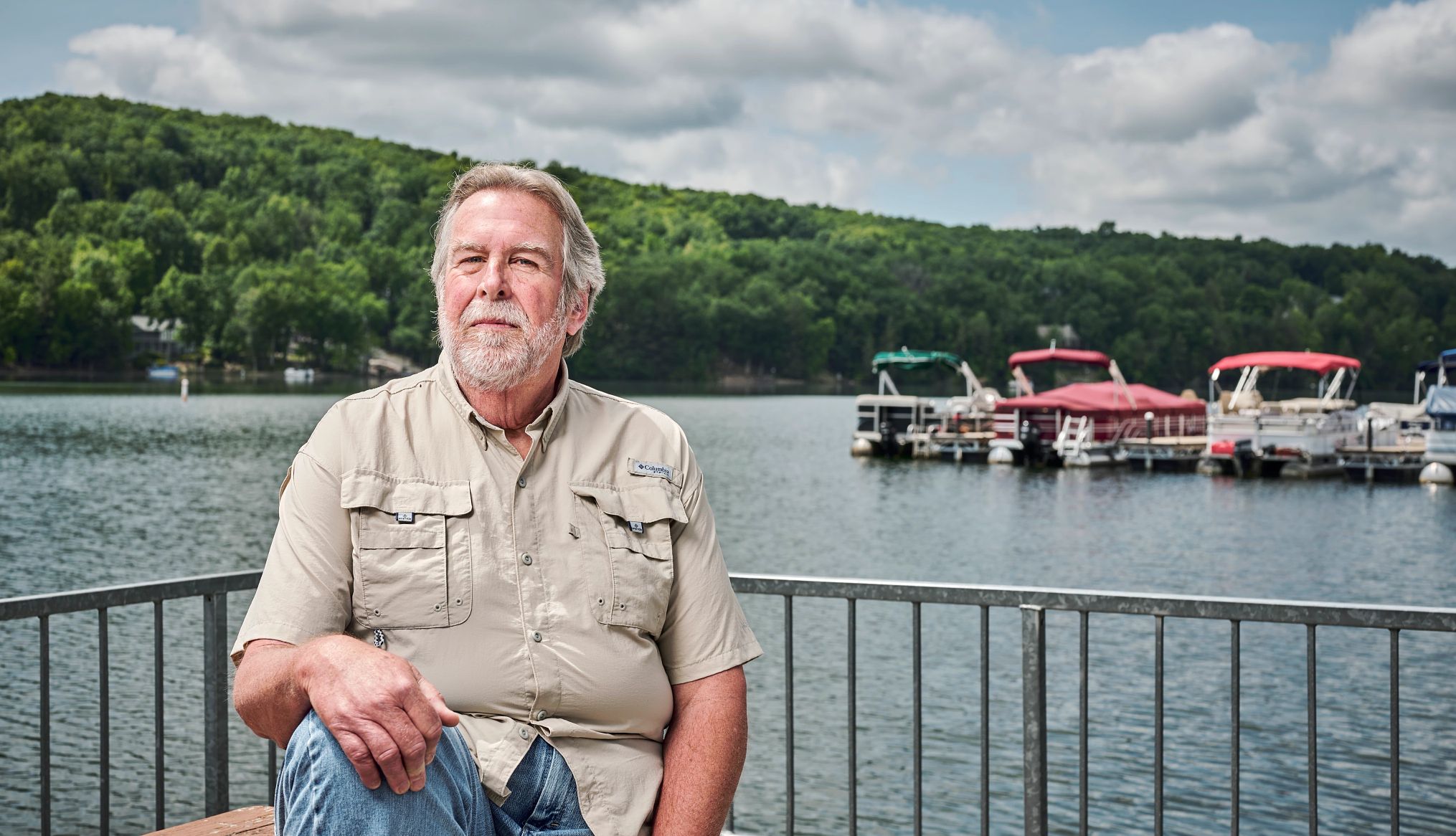AARP Hearing Center


Retirement is a double-edged sword, something most of us both look forward to and worry about — especially as we get older. Have we saved enough to live a comfortable life? Will we outlive our money? What if we have unexpected expenses?
These are the kind of thoughts that made Dwight Merrick decide to work a couple of extra years. Intending to retire at 64, he got cold feet and put it off for a year, and then another.


AARP Membership— $12 for your first year when you sign up for Automatic Renewal
Get instant access to members-only products and hundreds of discounts, a free second membership, and a subscription to AARP the Magazine.
Now 67 and more than a year into retirement, the former insurance adjuster says that if he could do it over, he’d stick with his original plan.
“I mean, two years, probably, is not a major difference, but there’s a lot of things I waited on,” he says, like getting a fifth-wheel trailer so he can see more of the country. “I probably would have gotten that a little sooner and started traveling a little bit more. Yeah, it’s those two years. You just never know.”
‘Am I going to outlive my money?’
“I would retire at 64 knowing what I know now,” Merrick says. But at the time, he was still looking for a place to retire to, having resolved to leave Florida, his home for four decades, to escape the heat and hurricanes. (He’s since moved to Tennessee.) He decided to work for one more year.
That year ended and he turned 65, “but then you always have that issue in the back of your head: Am I going to outlive my money?” Even though Merrick’s financial adviser told him he had enough to retire on, he opted to work another year to pad his 401(k) and health savings account.


What’s Your Biggest Retirement Mistake?
Retirement isn’t just about leaving a job. It's about changing your life — your routine, your budget, your priorities, where you live. It's decision after decision, and you don't always make the right one. Is there something you wish you’d done differently?
AARP Members Edition wants to hear about your retirement regrets. A mistimed exit from the office? A move to the wrong place? A relationship you gave up? Spending too much, or too little? Share your story at retirement@aarp.org and we might feature it in this series.
“I worked till the day I was 66 and then retired,” he says. “I did not hate my job at all. My job was fine. But by the time I got to 66, that last year of work, I was stretching it. I just really didn’t enjoy going back to work anymore. And that’s when I saw the light at the end of the tunnel.”
Merrick had heard the financial pundits on TV saying that “you need $1.5 million to retire comfortably.” He didn’t have that. But his own financial planner advised him to focus on the spending side of the ledger.
“You just need to set your budget, figure out what your budget is and be truthful about your budget,” he says. “I sat down and wrote out a budget on an Excel spreadsheet and said, ‘This is the money I want to put aside for travel, this is money I need to put aside for the mortgage, health care, for Medicare, you know, and then entertainment.’ And I went through my budget and came up with a number that I felt comfortable with.”


Staying on budget
Since retiring, Merrick has stuck with his program on spending and says he is doing fine financially. He aims to spend three or four months a year on the road and built that into his budget. As for dealing with retirement’s inevitable unexpected expenses, the former insurance adjuster has a plan for that, too.
“I make sure I have insurance beyond Medicare, the Medigap policies, everything I possibly need,” he says, “so there aren’t that many surprises.”






























































You Might Also Like
25 Great Ways to Explore a New Area
Get to know a destination quickly with this handy travel guideForget the Bucket List, This Retiree is Quietly Retiring
Lawrence Toppman is embracing ‘dolce far niente’ — the sweetness of doing nothing
25 Tips to Manage Your Stress
From scheduling stress and serenity to eating away the inflammation, here are ways to copeRecommended for You